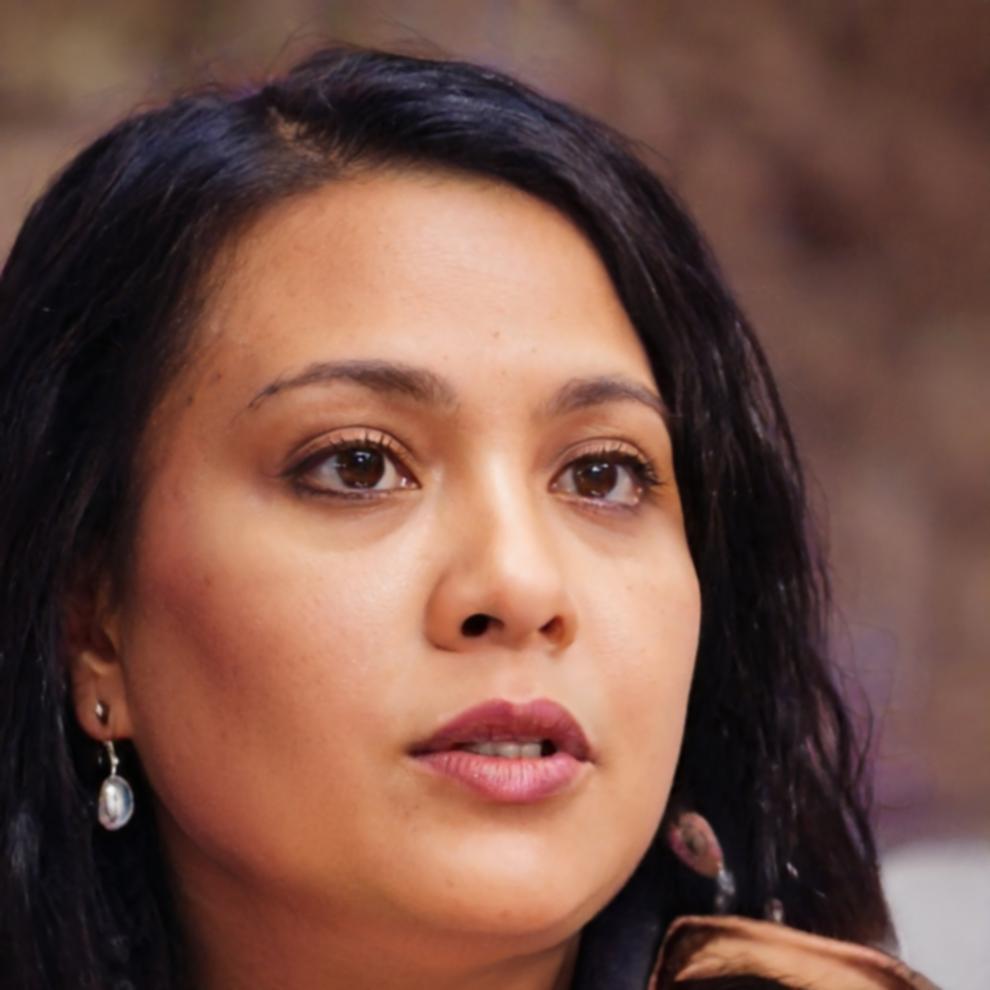Our Story in Numbers
Six years ago, we started with a simple question: why do smart people struggle with budgeting? The answer wasn't about math skills or willpower. It was about understanding the psychology behind spending decisions and building systems that actually stick.
The Beginning
Started as a weekend workshop in Vancouver. Three people showed up. We taught basic envelope budgeting using actual envelopes and cash. Everyone left with a plan they could use immediately.
Digital Shift
COVID pushed us online earlier than planned. We discovered something interesting: people were more honest about their money struggles in virtual sessions. Less shame, more real talk.
Method Refined
After working with over 2,000 individuals, we identified the three main budget-breaking patterns. Our curriculum now addresses these directly instead of generic advice.
Today
We focus exclusively on Canadian financial realities. Tax implications, provincial differences, and cultural spending patterns that generic budgeting advice misses completely.
What Drives Us
Most financial advice assumes everyone has the same relationship with money. We know better. Each person brings their own history, fears, and goals to budgeting.
Practical Over Perfect
A budget that works 80% of the time beats a perfect system you abandon after two weeks. We teach sustainable habits, not mathematical precision.
Psychology First
Your spending patterns reveal your values and fears. Understanding why you buy helps more than restricting what you buy. We start with the emotional side.
Individual Solutions
Cookie-cutter budgets fail because life isn't uniform. We adapt methods to your income pattern, family situation, and personal money triggers.
The People Behind the Program
We're not financial advisors selling investment products. We're educators who have been where you are - confused by conflicting advice, tired of failed budgets, and ready for something that actually works.

Rebecca Chen
Former credit counselor who got tired of only helping people after they were in trouble. Developed our core methodology during her Master's research on behavioral economics. Still uses the envelope system for her grocery budget.

Sarah Martinez
Joined us after paying off ,000 in student debt using techniques she learned in our original workshops. Now teaches others the same practical steps that worked for her situation.
How We Actually Teach Budgeting
Forget the apps that categorize every transaction or spreadsheets with 15 different columns. We focus on three numbers that matter and help you automate the rest.
Our sessions are small - maximum 12 people - because budgeting questions get personal quickly. Someone always asks about hiding purchases from their spouse or managing irregular income.
- Start with your current spending, not an ideal budget
- Identify your three biggest money drains first
- Build systems that work when you're tired or stressed
- Practice saying no to good opportunities that don't fit your plan
- Create accountability without shame or judgment
We spend more time on the psychology than the math because that's where most budgets break down. When you understand your spending triggers, you can plan around them instead of fighting them.

Ready to Build a Budget That Sticks?
Our next small-group session starts in September 2025. Limited to 12 participants so everyone gets individual attention for their specific situation.
Get Session Details